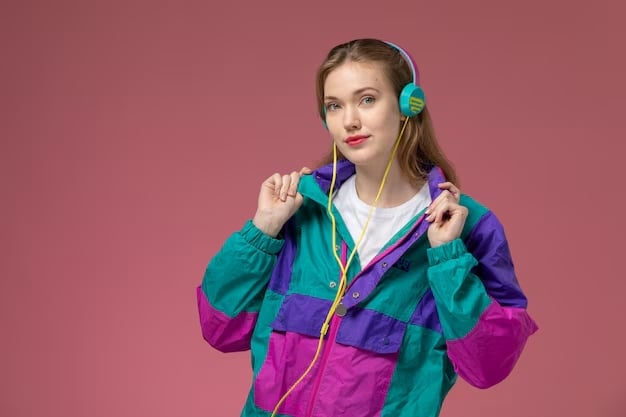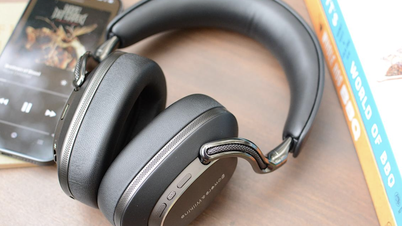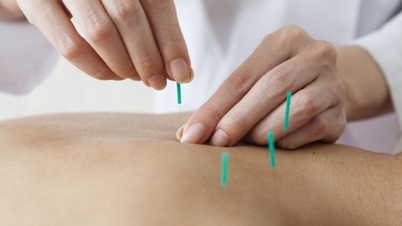In an increasingly noisy world , many people choose noise-canceling headphones to escape the cacophony of surrounding sounds.

Regular use of noise-canceling headphones can negatively impact the brain's ability to process sound - Photo: FREEPIK
However, some audiologists are concerned that the regular use of noise-canceling headphones to block out ambient sounds may negatively impact the brain's ability to process sound, according to TechSpot .
The harmful effects of noise-canceling headphones
This problem is related to auditory processing disorder (APD), where the brain has difficulty interpreting sounds and speech, even when the person's physical hearing ability is normal.
People with APD often have difficulty locating the direction of sounds or focusing on a particular voice in a noisy environment. APD is often associated with brain injury, ear infections, or other neurological disorders.
However, UK audiologists speaking to the BBC said the number of APD cases in young people is increasing, despite not having the usual risk factors.
They hypothesized that excessive use of noise-canceling headphones could slow down the normal development of hearing.
A typical case is Sophie, 25, an administrative worker, who was diagnosed with APD last year after experiencing difficulties understanding speech.
Her audiologist suggested that her habit of wearing noise-canceling headphones for up to five hours a day might be a contributing factor. Without subtitles, Sophie found lectures and speeches to be just "meaningless strings of sounds."
Claire Benton , vice-president of the British Academy of Audiology, shares that during the crucial years of brain development, isolation in a noise-free environment can hinder the development of complex listening skills.
Ms. Benton explained that the brain's advanced, complex listening skills only fully develop in late adolescence. In other words, if you only listen to music or podcasts, your brain may gradually forget how to filter out unimportant background sounds.
Balance and moderation are needed.
According to the BBC, a number of audiology units in the UK's National Health Service ( NHS ) have recorded an increasing number of teenagers coming to see an ophthalmologist for hearing problems.
However, tests showed that their ears were still functioning normally. So the problem was that their brains were having difficulty processing sound effectively.
Unfortunately, APD assessment and treatment services within the UK public health system are very limited. Currently, only one NHS unit provides a full diagnostic process, with wait times of up to nine months. This is partly due to the time-consuming nature of the APD assessment process, which can involve more than two hours of testing, not including additional cognitive assessments.
So, should we give up on noise-canceling headphones? Probably not. Noise cancellation still plays an important role in preventing hearing loss from prolonged exposure to loud sounds .
The report specifically highlights the risks of excessive use of noise-canceling headphones by teenagers , as this is a crucial stage for developing advanced audio processing skills.
For this group, audiologists emphasize that balance is important . Regular exposure of the ears to natural sound environments is essential to maintain effective sound filtering.
Source: https://tuoitre.vn/tai-nghe-chong-on-co-the-lam-thay-doi-nao-bo-nguoi-tre-20250221120752243.htm




![[Photo] Closing Ceremony of the 10th Session of the 15th National Assembly](/_next/image?url=https%3A%2F%2Fvphoto.vietnam.vn%2Fthumb%2F1200x675%2Fvietnam%2Fresource%2FIMAGE%2F2025%2F12%2F11%2F1765448959967_image-1437-jpg.webp&w=3840&q=75)























































![[OFFICIAL] MISA GROUP ANNOUNCES ITS PIONEERING BRAND POSITIONING IN BUILDING AGENTIC AI FOR BUSINESSES, HOUSEHOLDS, AND THE GOVERNMENT](https://vphoto.vietnam.vn/thumb/402x226/vietnam/resource/IMAGE/2025/12/11/1765444754256_agentic-ai_postfb-scaled.png)

















































Comment (0)